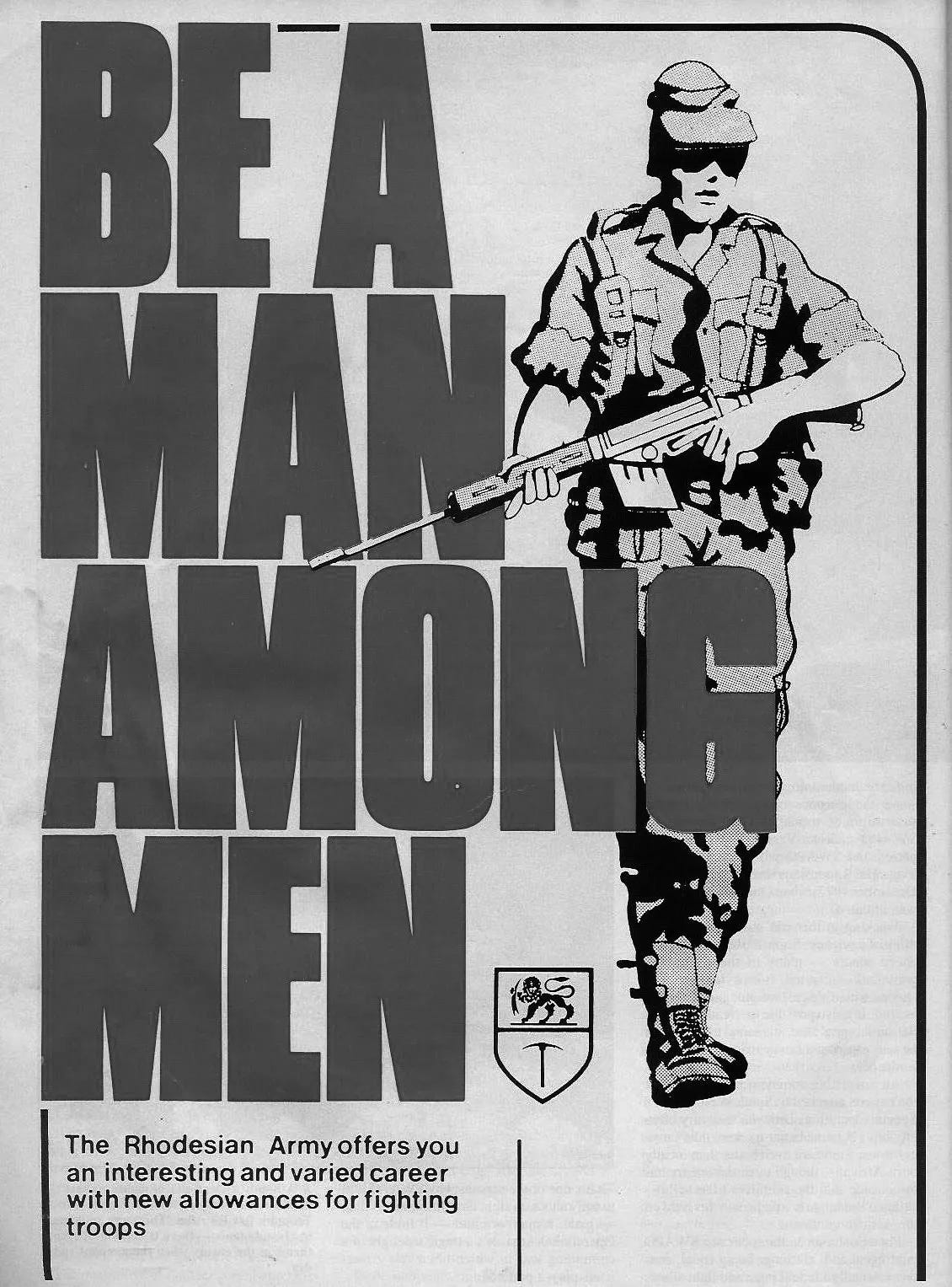Rhodesia to Zimbabwe: The Impact of Demography and Ideology on a Nation's Transformation
Exploring Civilizational Decline: Lessons from Africa in the Book "When Migration Becomes Conflict"
I am proud to share a chapter from my book "When Migration Becomes Conflict - Political Group Dynamics." In this chapter, "Rhodesia's Ideological Flexibility," I take you on an in-depth analysis of the history and development of two nations - Rhodesia and Zimbabwe. The chapter explores political, economic, and demographic factors, as well as highlights three perspectives that help explain their fates: socialism, liberalism, and racial realism. I hope that this reading offers insights and inspiration that lead to continued discussions and reflections.
In this chapter, exclusively for our paying subscribers, you will gain a thorough understanding of the subject. For those who are free subscribers, I offer a glimpse into this exciting chapter, but to read further and access the full content, you will need to upgrade to a paid subscription.
By upgrading to a paid subscription, you not only support our productions here at South Africa Insight but also gain access to this chapter and other exclusive articles, in-depth analyses, and more.
I look forward to having you as a paying subscriber and wish you a rewarding reading experience.
RHODESIA AND IDEOLOGICAL FLEXIBILITY
In this picture, we see a flag and a person that most of you probably won't recognize, even though the name Rhodesia surely has some familiarity. This is the flag of Rhodesia, and the man in the picture is its Prime Minister, Ian Smith. There is a certain mystique surrounding Rhodesia. The fact that the country existed for such a short period of time (1965-1979) has certainly played a role in adding to this mystique, along with the enormous challenges the country faced. It was at an extraordinary demographic disadvantage, with the numbers one to twenty, and they stood alone against the international society which had banded together against the small nation. Rhodesia was a nation in the true sense of the word; it is not for naught that this nation was perhaps the last expression of "The Great White Tribe" of Africa.
The last country to support Rhodesia was South Africa. Many people with an interest in military history are intrigued by Rhodesia; an important reason for this is the famous Rhodesian Light Infantry. This military unit could be recognized by their distinctive shorts, as well as their notorious recruitment posters, encouraging those who saw them to become a man amongst men. A message which, to say the least, would be controversial in the contemporary Swedish military.
The Rhodesian army was very successful during the Bush War, which lasted for the entirety of the nation's existence. The interesting thing about Rhodesia and the Bush War was that it, as has often happened before, showed that a war can be won at a tactical level while being lost strategically.
It is quite the feat to lose a war despite winning the battles. Being undefeated, but still not being able to preserve one's way of life raises a number of questions. There are various explanations for the outcome of events, but to truly understand why, it is necessary to examine history. Rhodesia differed from South Africa in certain key aspects, for example, the apartheid system in South Africa survived the white rule in Rhodesia by about twenty years.
Keep reading with a 7-day free trial
Subscribe to South Africa Insight to keep reading this post and get 7 days of free access to the full post archives.





